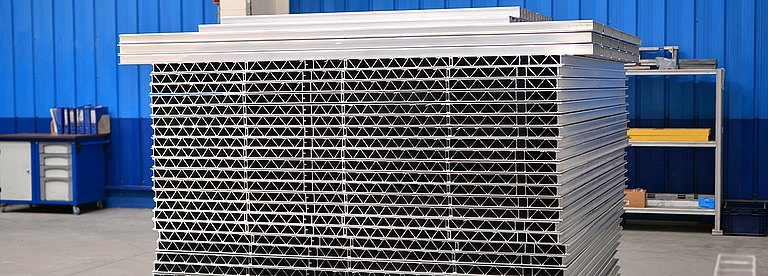According to the Patent Act (Section 140a (3) Sentence 1 Alt. 1 Patentgesetz (PatG)), anyone who uses a patented invention can be sued for the recall of the products which are the subject matter of the patent or for their definitive removal from the distribution channels. The potential scope of this recall claim has now been clarified by Karlsruhe Higher Regional Court in its recent decision (6 W 30/23).
The case concerned aluminum floorboards that were installed as floor coverings in the property of a businessperson. The debtors stated that “a recall is not possible; there are none left in the distribution channels; the products placed on the market have all been installed in the end consumers’ properties and are therefore now owned by the end consumers” (ruling 6 W 30/23).
Karlsruhe Higher Regional Court, however, considered the creditor’s motion for enforcement (in this case, a penalty payment and, alternatively, coercive detention) to be admissible. It stated that, in the distribution channels, the infringing object is also installed in the property of a businessperson who is not a trader but who uses the object himself as an end customer (headnote 2). Furthermore, it is conceivable that the object to which the infringing product is attached (in this case the property) will be sold by a commercial customer. This would constitute a possibility for further distribution sufficient for the recall claim (headnote 3).
If, in the event of refusal by the infringer, the recall cannot be carried out by a third party commissioned by the claimant (in this case the businessperson) and thus the recall cannot be justified, the imposition of coercive means is justified in the view of Karlsruhe Higher Regional Court.
“The ruling by Karlsruhe Higher Regional Court defines in detail the potential scope of recall claims and is therefore an important building block in IP case law,” says Gottfried Schüll, patent attorney and partner at Cohausz & Florack.
Header: MaxSafaniuk_AdobeStock.com

